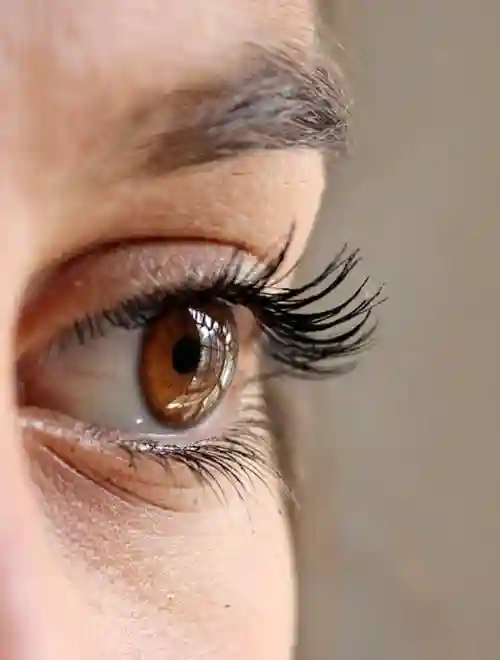HEALTH
Managing Floaters After Cataract Surgery: Tips and Tricks for Relief

Have you noticed specks in your vision after cataract surgery? Floaters after cataract surgery are common. This issue is reported frequently, but it can be managed. After cataract surgery, floaters-dots, lines, or cobweb-like structures-are more common.
These floaters can make reading and driving difficult. Yet, lifestyle changes and medical treatments can ease this inconvenience. This blog post will give you practical ways to relieve these annoyances and a better understanding of why they happen and how to prevent them.
What Are Floaters?
Floaters are small shapes that float across your field of vision. They can appear as dots or a black spot in the vision of one eye. Post cataract surgery floaters are usually more noticeable. They happen because of changes in the eye’s gel-like substance called the vitreous.
These shapes are more visible when looking at a bright background like a clear sky. Although they can be annoying, they are usually harmless.
Why Do Floaters Appear After Cataract Surgery?
Floaters tend to become more prominent after cataract surgery. This is because the procedure changes the dynamics inside your eye.
The presence of new lens implants can cause the vitreous to shift. Floaters may also appear due to cataract surgery complications.
When your eye heals, it can make existing floaters more noticeable. Yet, this is a normal part of the recovery process. Understanding why they appear can help you manage them better.
Immediate Steps After Noticing Floaters
First, don’t panic. Floaters after cataract surgery are common. Try blinking a few times to see if they move away from your central vision. Avoid rubbing your eyes as it can worsen the condition.
Instead, rest your eyes if you feel the strain. Stay hydrated; dryness can exacerbate floaters.
Make a note of any new or worsening symptoms. Consult your eye doctor if you feel uncertain.
Long-Term Strategies for Managing Floaters
Keep your follow-up appointments with your eye doctor. Regular check-ups help check any vision changes after surgery. Maintaining a healthy lifestyle can improve eye health.
Use brighter lights at home to reduce their visibility. Wear sunglasses when outside to protect your eyes. Consider using eye drops if recommended by your doctor. A balanced diet rich in vitamins can also help.
Eye Floater Treatment Options
There are various treatments available if floaters become very bothersome. Laser treatment can break up large floaters. Surgery to remove the vitreous gel is another option.
Yet, these are usually the last resort. Most people adapt to floaters over time. Discuss your symptoms with a specialist to find the best eye floaters treatment. Immediate treatment isn’t usually necessary unless floaters severely affect your vision.
Global Services has provided professional and thorough hospital sanitation cleaning services company in Miami, FL, Fort Lauderdale, Palm Beach and throughout South Florida. The confidence and trust we have built up throughout the medical healthcare community during the passing years means a lot to us, and we are constantly focused on how we can improve the cleaning and sanitation services we provide.
Lifestyle Changes to Reduce Floaters
Improving your diet can positively impact your health. Foods rich in antioxidants are beneficial. Regular exercise can also improve blood flow to the eyes.
Managing stress levels can reduce the frequency of floaters. Avoid smoking, as it can deteriorate eye health.
Stay hydrated to keep the vitreous gel healthy. Lastly, get enough sleep to allow your eyes to rest and heal.
The Floaters After Cataract Surgery
Floaters after cataract surgery can be bothersome but manageable. These tiny specks or clouds in your vision are often a normal part of the healing process.
Keeping calm, staying informed, and consulting your doctor are key steps to ensure your eye health. Your doctor can provide personalized advice and reassurance.
Did you like this guide? Great! Browse our website for more detailed information, helpful tips, and resources on eye care and post-surgery recovery!
Having completed my education in English, I’ve cultivated a successful career as a content writer. My tenure includes valued collaborations with distinguished professional organizations, reflecting my commitment to producing high-quality content.
Contact me on this mail: [email protected]










